Home maintenance advice
House Viewing Checklist
11 Oct 2019 • 6 minutes


It’s likely to be the biggest investment you’ll ever make and viewing so many houses can be overwhelming at times. To make things that little bit easier, use this house viewing checklist to check for any plumbing, electrical or heating problems when buying a new property.
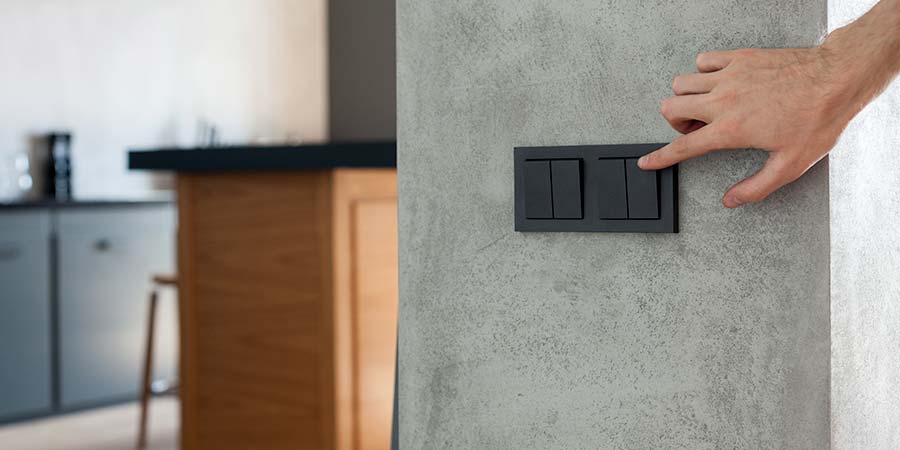
It’s easy to forget to check whether essential heating, electrics, and built-in appliances are in working order when you’re viewing a house, so we’ve compiled a list of important things to check.
According to Electrical Safety First, the average cost to fix an electrical problem identified after moving into a property is £1,704, so you’ll want to be sure the electrics are up to scratch!
If you move forward with your purchase, you may want to invest in an Electrical Installation Condition Report, which could be a good idea if you notice things like faulty or damaged switches and sockets.
Don’t be shy! Turn lights on and off in each room to check if they work. If they don’t it could be due to a faulty bulb, but if you find they’re not working in multiple rooms it might be due to a bigger issue.
Look out for damage to the light switch cover plate. Cracks could indicate internal damage, but could also be superficial. Either way, it’s best to ask the homeowner or estate agent if you spot anything like this.
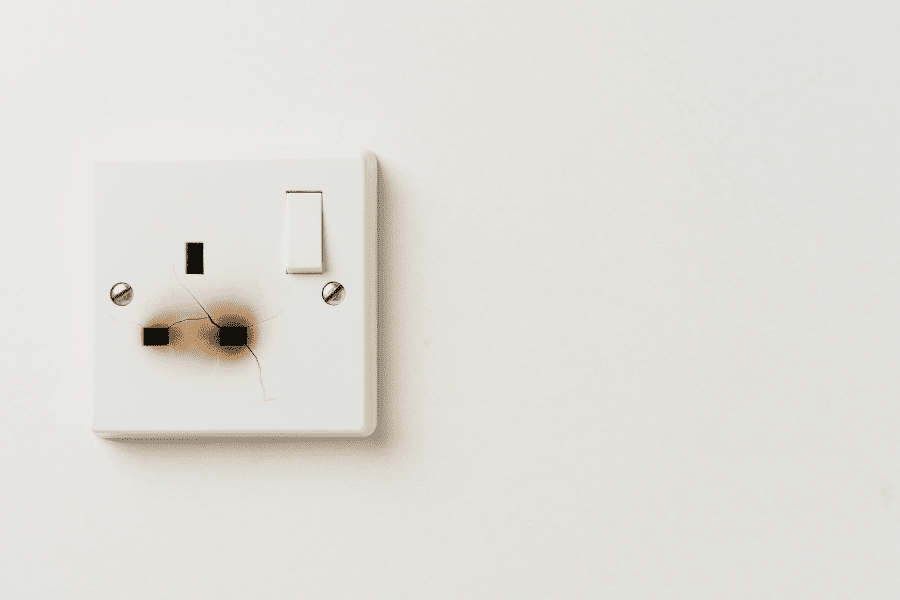
Similar to light switches, faulty or damaged plug sockets are a potential cause for concern. While plug sockets may be concealed behind cabinets and furniture, you should make an effort to look at the condition of them if you can.
It might not be possible to test them by switching them on and off, so make sure you keep an eye out for surface damage and exposed wiring. Any sockets that aren’t flush with the wall, or have gaps behind them might suggest they’ve not been installed correctly.
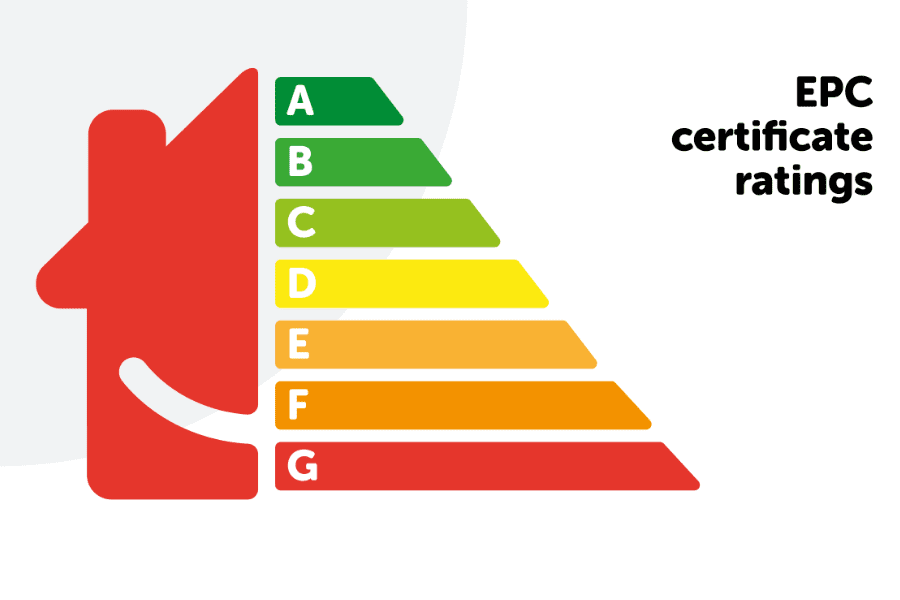
You can often find a home’s Energy Performance Certificate (EPC) included with the property details, whether that’s online or from the estate agent. You can also find the latest EPC certificates for any property on the EPC register.
But what is an EPC certificate? Well, it’s a survey that shows how energy efficient a property is. It’ll include an estimate of energy costs, as well as an energy performance summary for the home.
This will give you a better idea about how efficient your potential new home is and indicates the potential costs you might want to factor into your budget if the rating needed to be improved.
No one wants to move into their new home only to deal with damp walls and leaking pipes. We’ll help you spot any problems early with these plumbing and drainage checks.
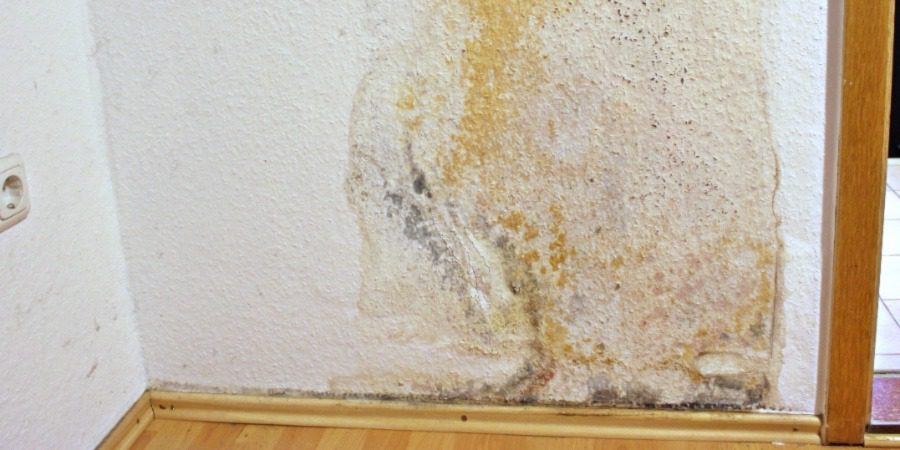
Damp, mould and condensation are relatively easy to spot (or smell) if you know what to look for.
Pay attention to any signs of water damage, or discoloration coming from the bottom of the walls near the skirting boards or in the corners of the room. Also check the windowsills for water and condensation, which could build up and become mouldy.
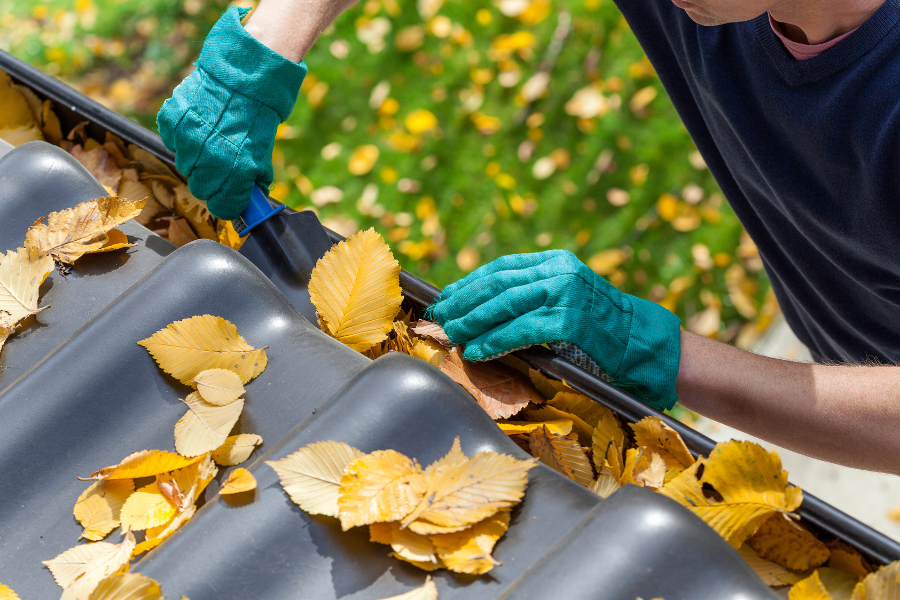
When you’re outside the property, or viewing the back garden, check the drains for blockages. Are they clean and look as if they would drain the water properly when it rains?
Whilst you’re out there, be sure to check the guttering. Are there any splits or breakages in the gutter that could cause a leak? Do they look clear or can you see a build-up of leaves? If there’s lots of debris getting trapped this could cause problems later down the line.
Leaks, especially slow leaks, can be hard to see, but listen out for running water where it shouldn’t be running and keep your eyes peeled for any potential water damage from previous or ongoing leaks in the property. Things like bubbling wallpaper, or watermarks on the first floor ceiling are big giveaways that there has been an issue with the plumbing.
If there’s wooden or laminate flooring, make a note of any expansion, unevenness, or bumps.
A boiler is like the engine of the home, ensuring it’s got heating and hot water on tap, so you’ll want to make sure it’s running smoothly. Here are some boiler and central heating checks you should carry out whilst viewing a property.
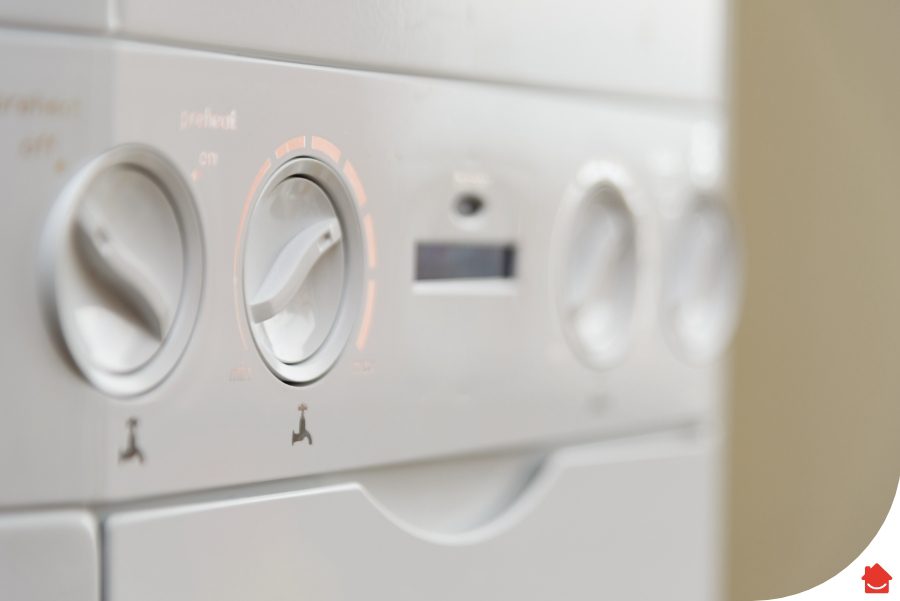
The average boiler lasts around 10-15 years before they start to break down due to wear and tear. So don’t forget to ask the seller or estate agent how old the boiler is and if it has an up-to-date service history. A boiler that’s regularly serviced is more likely to be in a better condition than one that hasn’t.
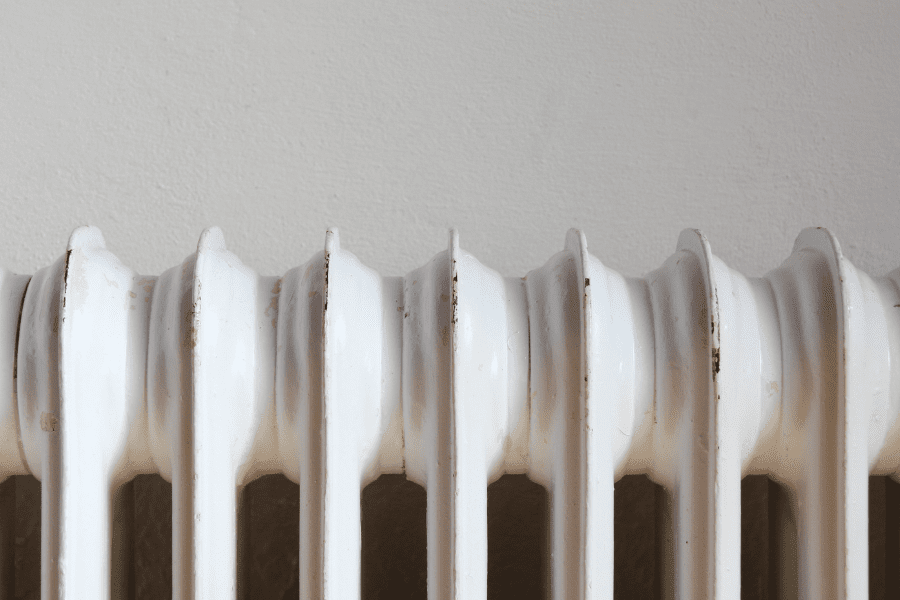
The radiators shouldn’t have any sign of damage or leaks, so check for the following:
If you’re searching for a new property, remember to take along this house viewing checklist. Arm yourself to the teeth with information and it’ll help you make a considered choice and hopefully get you one step closer to finding your dream home.
To help keep your new home in the best condition, our range of home cover is the best way to protect yourself from the potential hassle and cost of an unexpected problem. Or, if you do find yourself needing to make any repairs after you move in, but need a little extra help, you can also call on our Excellent-rated Home Experts for a one-off repair.
Our help & advice articles cover Plumbing, Home heating, Electrical, Energy-saving and Home maintenance.